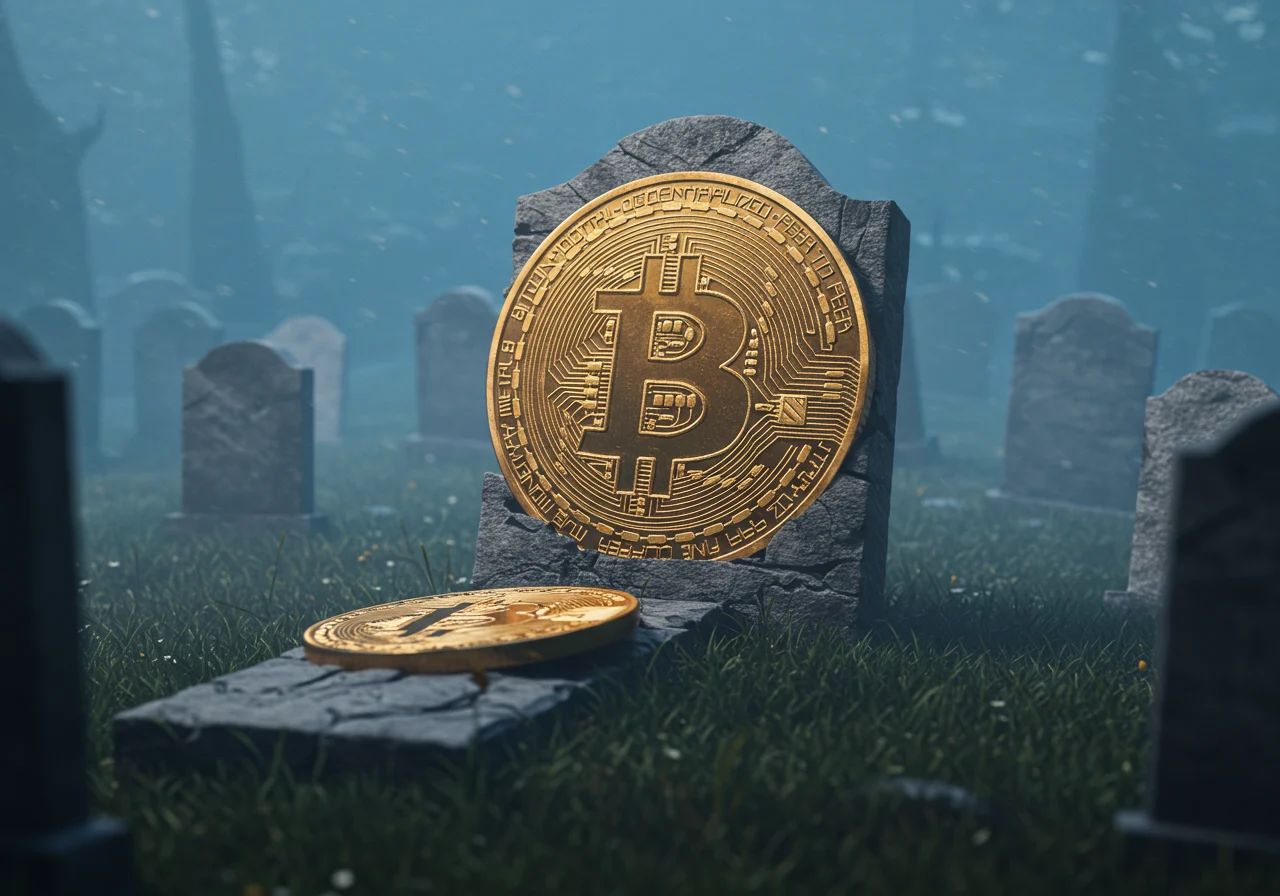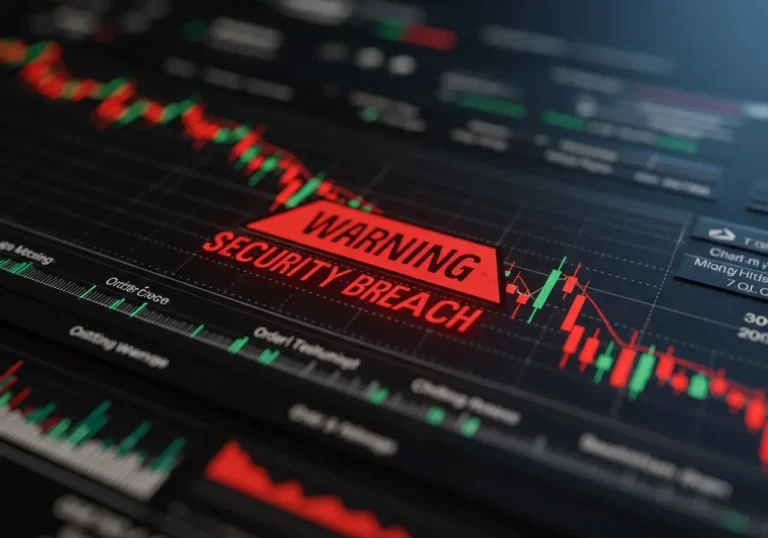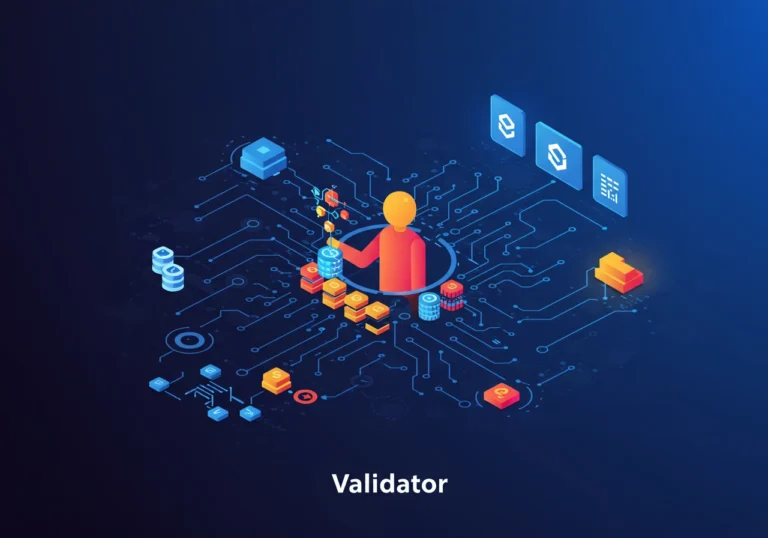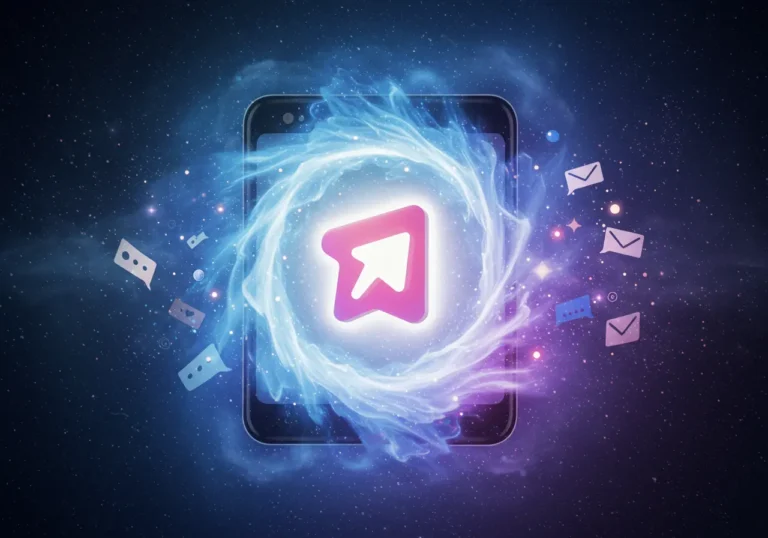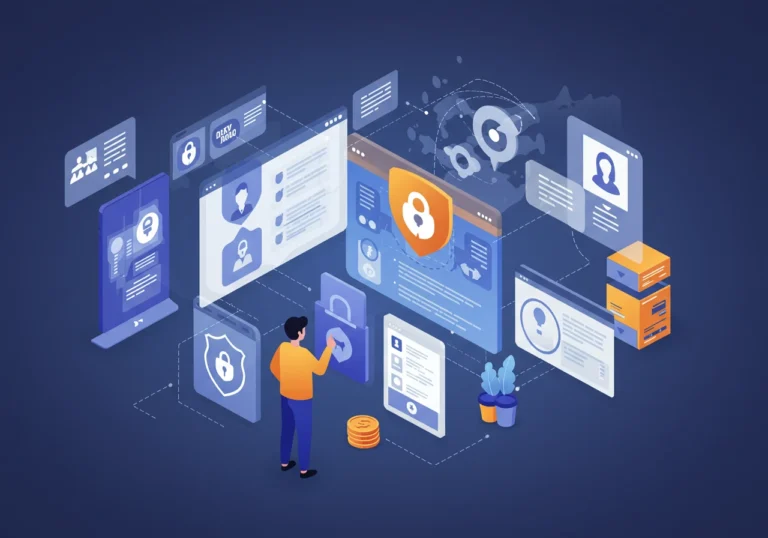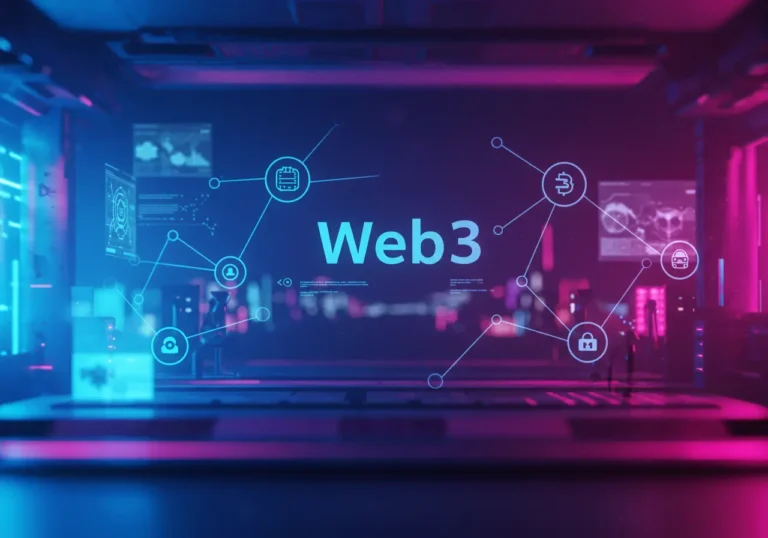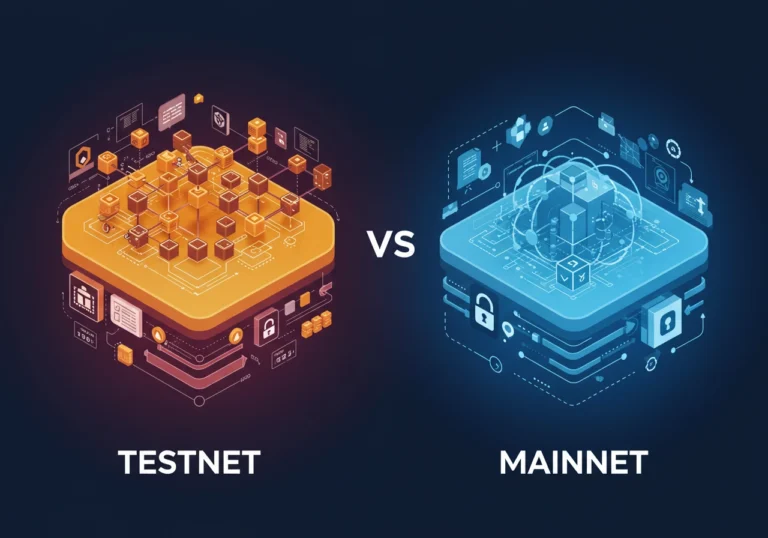Bitcoin and the Afterlife: What is Dead Bitcoin, and what does the community do with it?
I once heard a story about a man who lost a tiny paper with his wallet password tucked inside an old book. Years later, his family found the book and the note, but the man had passed away and the password didn’t work — a single letter was smudged. They had no access to what had once been his savings. That small slip shows why people talk about Dead Bitcoin so often.
Dead Bitcoin is the start of the second paragraph. It is a simple idea: some Bitcoin forever lose the chance to be spent. They are still on the blockchain — the public record — but no one can move them. That can happen for many reasons. The community has ways to think about and manage these lost coins. There are also choices people can make now to protect their digital legacy and prepare for Bitcoin posthumous distribution.
What “Dead Bitcoin” really means
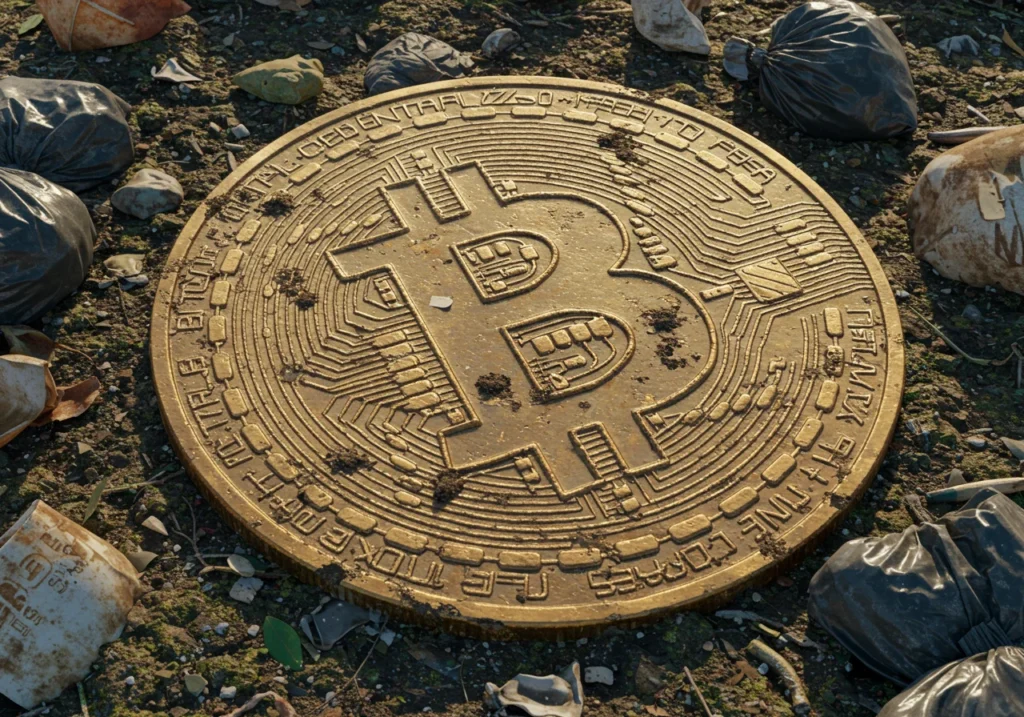
When we say Dead Bitcoin, we mean bitcoins that are permanently unreachable. Imagine you put coins in a safe and then throw away the key forever. On the blockchain, the bitcoin address still shows the coins, but without the private key, no one can ever spend them. They are effectively removed from circulation.
Coins go “dead” for many reasons:
- The owner loses a private key or forgets a password.
- A hardware wallet is damaged beyond repair and the recovery phrase is missing.
- A custodial platform collapses and its keys are lost.
- Someone intentionally “burns” coins by sending them to an address with no known key.
Though they remain on-chain, dead coins can reduce the usable supply. Some people see that as shaping Bitcoin’s long-term scarcity. Others worry about the value tied up and how families are affected.
How often does this happen?
It’s hard to know exactly. Analysts estimate millions of bitcoins may be inaccessible, with figures often quoted around 2–4 million, but those are estimates. Some addresses have not moved for a decade. Over time, more coins can become inaccessible by accident or design.
Why the idea matters: scarcity, value, and fairness
A smaller supply can increase scarcity. If a good chunk of the supply is dead, the remaining coins could become more valuable. That’s one reason some people point to lost coins as a factor in Bitcoin’s price behave
When coins are lost without instructions or access for loved ones, families miss inheritances. That’s a fairness and planning problem more than an economic one.
This is where Afterlife Bitcoin community conversations begin. People talk about tools and practices that help families access or distribute digital assets after someone dies.
What the community does with “dead” coins
There is no single group that “manages” dead coins. Bitcoin is decentralized — no central authority can sweep or reassign lost coins. But the community has responses and practices:
1. Awareness and education
Many projects and wallets prioritize user education. They explain how to back up recovery phrases, the importance of secure storage, and how to prepare an inheritance plan. This is part of community-driven Dead Bitcoin management.
2. Technical tools for recovery and backup
Developers build features like multi-signature wallets, social recovery systems, and hardware wallets with clear recovery flows. These tools reduce the chance of accidental loss. For example, multi-signature setups let multiple people approve a transaction, so a single lost key won’t lock funds forever.
3. Non-profits and research
Some organizations research lost coins and advise on safe legacy practices. They do not recover coins themselves (that’s impossible without keys) but offer guidance on avoiding loss and on legal and financial planning.
4. Conversations about reallocation (rare and theoretical)
Occasionally people propose controversial ideas like reclaiming abandoned keys after a long dormancy. These are mostly theoretical because they would require centralized action or changes to consensus rules — both unlikely in Bitcoin’s design.
Practical steps for Cryptocurrency inheritance planning
You don’t need to be wealthy to plan. Simple steps help anyone prepare a digital asset legacy.
- Write down basic instructions. Not the private key itself, but where it is stored and what to do. Keep these instructions in a safe place with your other important papers.
- Use a hardware wallet with a recovery phrase. Then store the recovery phrase securely — ideally in more than one physical location.
- Consider multisig or social recovery. These solutions let you split responsibility so one lost key won’t lock funds forever.
- Talk to someone. Tell a trusted person where your plan is and how to find it.
- Use a digital executor or legal will tailored to crypto. Work with an estate planner who understands digital assets. Terms like Digital assets legacy and Bitcoin posthumous distribution are now part of estate planning language.
These steps form a simple Dead Bitcoin management plan anyone can adopt.
A simple storytelling example
Imagine Sarah keeps a hardware wallet with 0.5 BTC. She writes down the recovery phrase and stores it in a safe deposit box. She also tells her sister where the safe deposit box is and leaves legal instructions. If Sarah passes away, her sister has a clear path to access the safe box and follow legal steps to transfer the funds. That avoids the “dead” outcome.
Tools and services people use
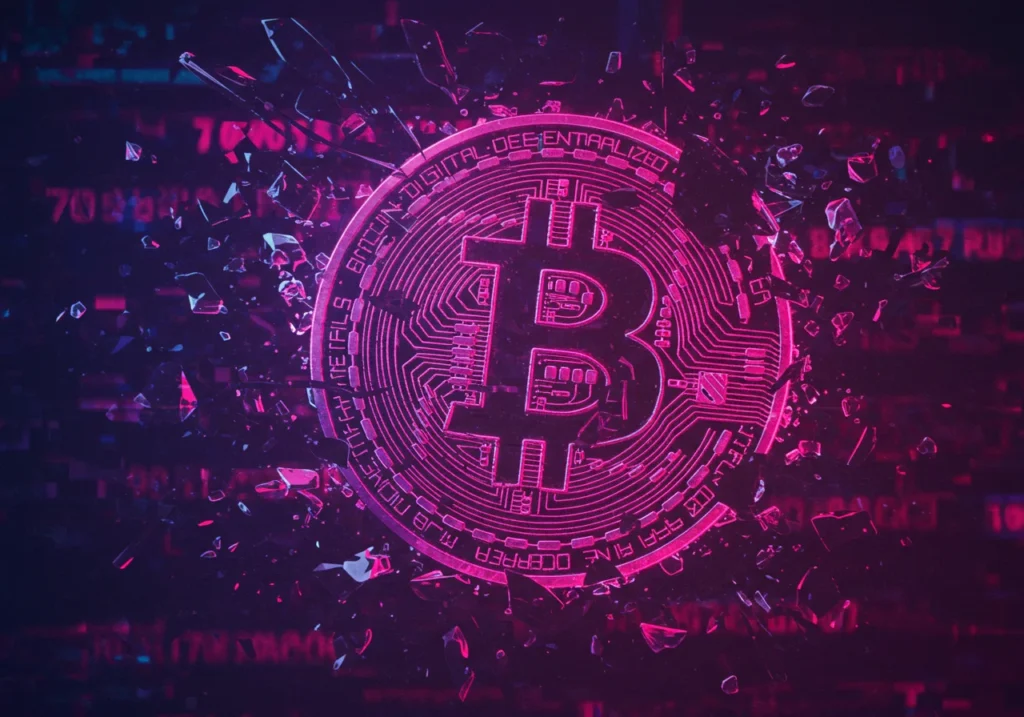
- Multi-signature wallets: Require more than one signature to move funds. Good for shared control and inheritance.
- Hardware wallets: Keep private keys offline and safer from hacks.
- Encrypted backups: Store recovery phrases encrypted, with keys held by trusted persons or services.
- Legal trusts that include crypto: A trust can hold access credentials and specify distribution rules.
- Custodial solutions with legal access: Some choose regulated custodians who can follow court orders for estate access. This trades some control for ease of legal transfer.
Each option has trade-offs between control, privacy, and ease of transfer.
Ethical and cultural aspects — what feels right?
Different people and cultures see inheritance differently. Some pick private family rules, some prefer open donation plans, some leave digital legacies to charities. The term Afterlife Bitcoin community captures how people discuss ethics and possibilities.
Some communities focus on protecting family, others on broader social value. No single answer fits everyone. What matters is choosing a path and documenting it.
What never happens: the blockchain doesn’t “clean up” lost coins
An important fact: Bitcoin’s rules do not allow a central “cleanup” of lost coins. The ledger is immutable; coins remain assigned to their addresses forever unless moved by the key holder. Proposals to reclaim coins would change the protocol and face huge resistance. So practical planning remains the best route.
Common questions people ask
Q: Can lost Bitcoin ever be recovered?
A: Only if someone finds the private key or recovery phrase. If the key is truly gone, those coins cannot be moved. There is no central authority that can recover them.
Q: Should I use a custodian so heirs can access funds easily?
A: Custodians make legal access simpler but require trust in that third party. Custodial solutions can be good for those who prioritize legal clarity over full self-custody control.
Q: How do I talk to my family about crypto without revealing too much?
A: Explain that you have digital assets and where the instructions are stored. Avoid sharing private keys. Use a trusted attorney or digital executor to hold sensitive details.
Q: Is it safe to include my recovery phrase in my will?
A: A will can become public during probate, which may expose sensitive data. Better: store recovery details in a separate, secure place and reference that location in the will without revealing the phrase itself.
Conclusion — small steps avoid big regrets
The idea of Dead Bitcoin sounds dramatic, but it points to a simple truth: planning matters. A few thoughtful acts — secure backups, clear instructions, legal steps, or multisig wallets — can mean the difference between coins moving on after you and becoming part of the blockchain’s afterlife.
People in the Afterlife Bitcoin community share stories and tools to help each other do better. The choices you make today about storage and communication are your best defense against accidental loss and the best gift to those who may inherit your digital assets.
Key takeaways
- Dead Bitcoin refers to bitcoins that are permanently inaccessible due to lost keys or damaged storage.
- No central authority can reclaim dead coins; prevention is the main strategy.
- Simple Dead Bitcoin management steps: back up recovery phrases, use secure storage, and document inheritance plans.
- Cryptocurrency inheritance planning can use multisig wallets, hardware wallets, trusts, or custodial services, each with trade-offs.
- Discuss your plan with a trusted person and a legal professional to enable safe Bitcoin posthumous distribution.
- The Afterlife Bitcoin community shares tools and stories to reduce accidental losses and protect digital legacies.
FAQ
Q: What is the easiest first step to avoid Dead Bitcoin?
A: Make a secure backup of your recovery phrase and store it in at least two separate, secure locations.
Q: Can I set up Bitcoin to auto-transfer on my death?
A: Not automatically. You can arrange legal instructions and custodial agreements, or use multisig with trusted co-signers, but automatic transfers without keys aren’t possible.
Q: Who should I involve in my inheritance plan?
A: A trusted person (or two), a technically aware executor, and a legal professional familiar with digital assets legacy and local laws.
Q: Are there services that hold my keys and pass them on after death?
A: Yes. Some regulated custodians and digital legacy services can manage that, but they require trust and often legal paperwork.
Table of Contents

Hello, I’m Edmilson Dias, founder of CoinBringer. I created this platform to guide people through the fast-moving world of cryptocurrency with clarity and safety. With years of research in blockchain and digital security, my goal is to translate complex topics into practical knowledge, offering reliable tutorials, safety insights, and guidance for both newcomers and experienced users.
Discover more from CoinBringer
Subscribe to get the latest posts sent to your email.

